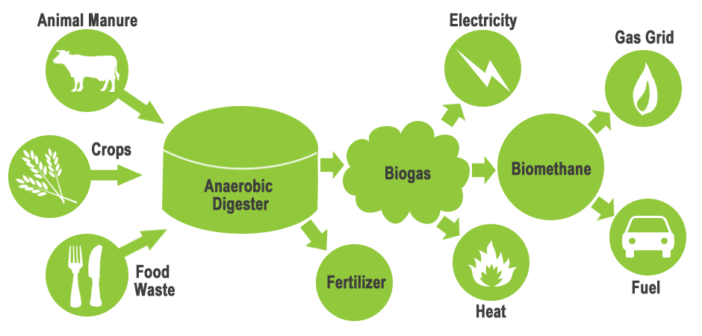The National Policy on Biofuels – 2018 inter-alia allows the use of surplus food grains for production of ethanol for blending with petrol with the approval of National Biofuel Coordination Committee (NBCC). The NBCC in its meeting held on 20.04.2020 and 09.11.2020 has allowed the production of ethanol from surplus rice available with the Food Corporation of India (FCI) and maize respectively for blending with petrol under Ethanol Blended Petrol (EBP) programme.
Based on the offers received during Ethanol Supply Year (ESY) 2020-21, Public Sector Oil Marketing Companies (OMCs) have allocated 41.91 crore litre of ethanol to be procured from surplus rice, Damaged Food Grains (DFG) unfit for human consumption and maize. DFPD has informed that the ethanol yield from one tonne of maize and rice is 380 and 450 litres respectively. Thus to produce 100 litres of ethanol, about 2.22 quintals of rice or about 2.63 quintals of maize is required to be used.
The cost of production of ethanol from any feedstock including rice or maize depends upon number of factors viz. quality of feedstock, efficiency of plant, cost of other inputs etc.. This bio-ethanol produced from these feedstock is being used by OMCs for blending in petrol under the EBP Programme.
The notified National Policy on Biofuels-2018 dated 04.06.2018 aims to achieve the goals by (a) reinforcing ongoing ethanol/bio-diesel supplies through increasing domestic production, (b) setting up Second Generation (2G) bio-refineries, (c) development of new feedstock for Biofuels from cellulosic and lignocelluloses route including petrochemical route, (d) development of new technologies for conversion to biofuels (e) creating suitable environment for biofuels and its integration with the main fuels. Due to the above policy initiatives taken by the Government, ethanol procurement has increased from 38 crore litre in ESY 2013-14 to 173.03 crore litre in ESY 2019-20.




